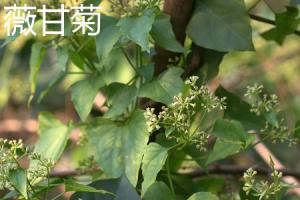How Can Planting Trees Help the Land?
Planting trees has numerous benefits for the land, the environment, and society as a whole. Trees not only beautify the landscape but also provide a range of ecological and economic benefits that are essential for human survival. In this article, we explore how planting trees help the land and its inhabitants.
Prevents Soil Erosion
Soil erosion occurs when soil is carried away by wind or water, which can weaken the fertility of the land, diminish its ability to support vegetation, decrease crop yields, and undermine infrastructure. Trees help to prevent soil erosion by holding the soil in place with their roots, reducing the impact of wind and water forces, and stabilizing hillsides and stream banks. Moreover, trees filter the water as it runs through the soil, leading to the creation of a healthy and sustainable ecosystem.
Improves Air Quality
Trees are natural air purifiers that absorb carbon dioxide, a greenhouse gas that contributes to climate change, and release oxygen, which we need to breathe. Therefore, planting trees improves the air quality and helps mitigate the effects of global warming. Trees also absorb harmful pollutants and dust particles from the air, reducing the risks of respiratory diseases and skin allergies among people living near them.
Creates Habitats for Wildlife
Trees provide a home and a source of food for many animals, birds, and insects. The more trees are planted, the more diverse the range of species that can thrive in a given area. This means that planting trees can help to conserve biodiversity, protect endangered species, and create an ecosystem that is self-supporting and sustainable.
Boosts Local Economies
Planting trees creates jobs in the forestry sector, which can help to boost the local economy. Trees can also increase property values by making the area more attractive and livable. Trees add value to agricultural lands by providing shade, reducing wind erosion, and stabilizing soil moisture. Furthermore, planting trees can provide a source of fuel and timber, which can help communities to become more self-sufficient and less reliant on fossil fuels.
Conclusion
Planting trees is a simple and effective way to improve the land and its inhabitants. Trees can prevent soil erosion, improve air quality, create habitats for wildlife, and boost local economies. Planting trees is not only beneficial for the environment but also provides social and economic benefits that can help to create a more sustainable and resilient world.

 how many times do yo...
how many times do yo... how many planted tre...
how many planted tre... how many pine trees ...
how many pine trees ... how many pecan trees...
how many pecan trees... how many plants comp...
how many plants comp... how many plants can ...
how many plants can ... how many plants and ...
how many plants and ... how many pepper plan...
how many pepper plan...





























